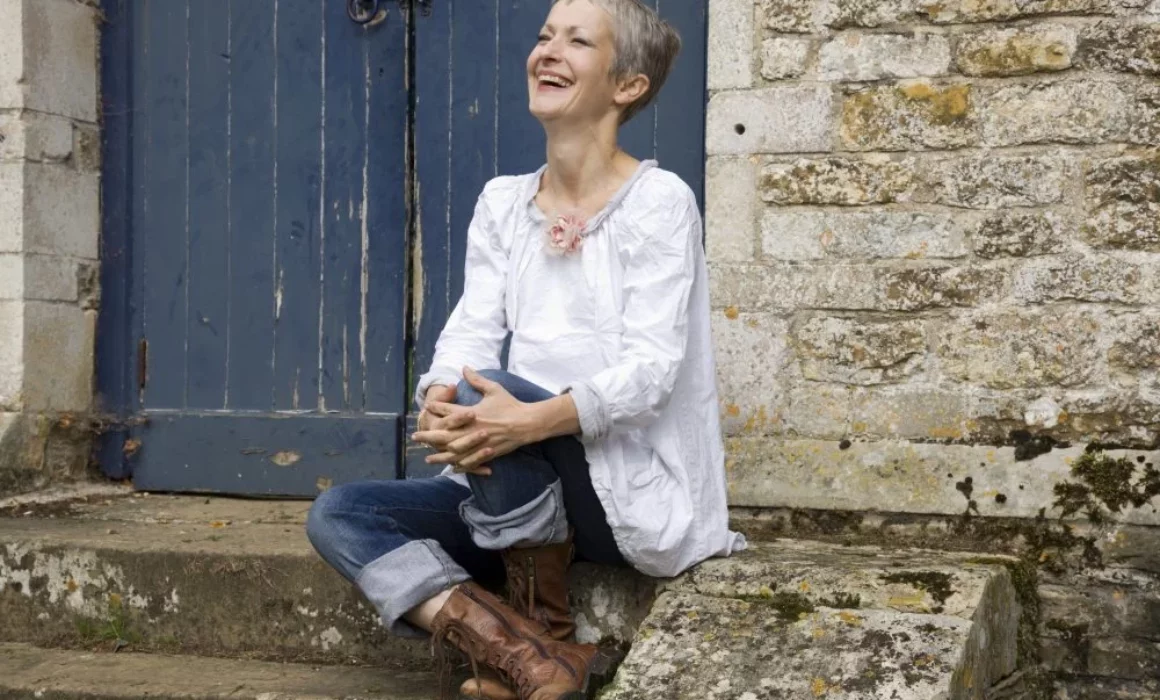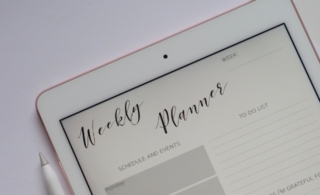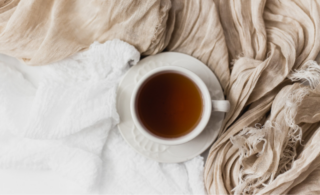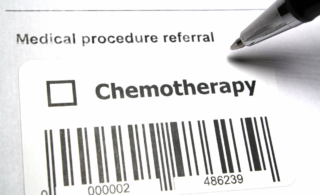
Let's Nail Breast Cancer - Help support our urgent appeal on the 19th - 20th May 2024
Let's Nail Breast Cancer - Help support our urgent appeal on the 19th - 20th May 2024
Let's Nail Breast Cancer - Help support our urgent appeal on the 19th - 20th May 2024
Let's Nail Breast Cancer - Help support our urgent appeal on the 19th - 20th May 2024
Let's Nail Breast Cancer - Help support our urgent appeal on the 19th - 20th May 2024
Nutrition is a difficult topic to navigate as a breast cancer patient so this Q&A provides helpful tips and practical advice whilst also busting some cancer related nutrition myths.
By Jane Clarke and her team at Nourish
I’m due to start chemotherapy. Are there any foods that I should or shouldn’t eat?
When we’re starting chemo or any other cancer treatment, it’s easy to read lots of scare stories on the Internet about what we should or shouldn’t eat. When you’re starting your treatment schedule, it’s ideal to put a balanced diet structure around you. You need all the different food groups – protein, fibre, fruits and vegetables. I think one of the most valuable things you can do is to start to keep a diary of what you’re eating and drinking, and how your body is feeling. It will help you identify foods that don’t make you feel so great, so you can cut back on those for a while.
During chemo I sometimes feel so sick that I can’t bear to eat fruit and vegetables – will this have a negative impact on my recovery/health?
In the short term, no, it won’t – and it’s counterproductive to force yourself to eat something you just can’t face. It’s much better to give yourself an easier time on the tough days and enjoy your go-to soothing foods, then boost your intake of fruit and vegetables on the good days. Something like a vegetable soup or simple broth can be an easier way to incorporate the goodness of vegetables, rather than staring at a carrot on a plate. The good news is that many of the nutrients from vegetables (excluding vitamin C) survive cooking well, so a veggie broth will contain lots of goodness as well as settling a sickly stomach.
I’ve put on weight during my cancer treatment. Is it okay to diet?
Unwanted weight gain can be hugely upsetting when you’re recovering from breast cancer, as it affects your self-image at a time when you’re already feeling vulnerable. It’s also one of the main reasons I see for women deciding against hormonal treatments, which could be life-saving. I wouldn’t recommend eating what’s commonly known as a cleanse or detox or a very low-calorie diet when you’re recovering from treatment, as depriving yourself can leave you feeling depleted in every sense. It can also change the way your body metabolises medication, which could unsettle your regime. But there are positive ways to take charge of what you eat, reduce your calorie intake and lose weight healthily, and achieve the personal goal of feeling better in your body.
Keep a food diary to asses exactly what you’re eating and any triggers that make you want to turn to comfort foods. Cut back on sugary and high-fat foods – dried fruits and a few nuts will give the sweet or savoury hit you’d usually find from cake or crisps. Increase your intake of vegetables, fruits and wholegrains, which are lower in calories but will help you to feel full. And eat more slowly, really enjoying the flavours, as this helps to stimulate the part of your brain that tells you when you feel full, so you’re less likely to overindulge.
How should I change my eating habits if I’ve actually lost a lot of weight?
Our stomach is generally tiny and if you have too many wholegrains, fruits and vegetables, they swell with the water in your stomach and they fill you up but they don’t have a lot of calories. So you might need to tip the notion of healthy eating on its head for a bit. We want nourishing, calorie-intense dishes, which often means looking for foods that contain fat. You can add some olive oil or some butter to mashed potato, or have a slice of good white bread with butter or dipped in olive oil. You don’t want to miss out on vegetables but you could drizzle olive oil them, or make a béchamel sauce and have cauliflower cheese. Or have some sweet treats during the day. Ask yourself, ‘Where are my calories coming from?’ And generally, that means sweet or fat-intense dishes, not bulky high-fibre foods. This might be the time to choose white bread as it won’t fill you up as much as wholegrain. Or have fish but instead of steaming it, lightly fry it in some butter or olive oil.
Is it safe to have tea and coffee when I have cancer?
There’s nothing wrong with enjoying your usual tea and coffee when you’re having cancer treatment. The one thing you may need to watch is that, when you’re having treatment, your gut can become very sensitive and some people find that coffee or tea, especially if they are strong, can make their gut feel more acidic and upset. Rather than cutting it out entirely, it might be a question of timing and having just a couple of these drinks a day. You may also need to watch the amount of white or green tea that you’re having, as these are rich in antioxidants that may not work well with your medication, so check with your care team. If you’re feeling sick, a ginger tea or mint tea can be soothing for the gut. Be careful about the strength of mint tea because while a weak cup can be helpful, if you’ve left the bag in to brew for too long, it can aggravate acidity. If you’re feeling a bit wired from steroids, which can make you struggle to sleep, something like chamomile or lemon verbena may help relax you so you drop off more easily.
Is dairy bad for you when you have cancer?
There’s lots of scary information around eating dairy at this time, saying it can ‘feed’ your cancer or that the hormones in milk will make cancer worse. But the evidence just isn’t there at the moment. So for now, the advice is that calcium-rich dairy foods can be part of your balanced diet. Some of the hormone treatments you have for cancer put you more at risk of your bones becoming brittle so you may be told by your care team to increase the amount of calcium-rich foods you eat. Cheese can be a great source, and it’s an easy way to ease some calories into your body if you don’t have much of an appetite and can’t face a full meal. Or try some yoghurt and fruit instead. If you’re neutropenic and at risk of infection, your care team may tell you to avoid blue cheeses and soft cheese, which have more bacteria than usual. But that doesn’t mean a cream cheese from the supermarket which is made with pasteurised milk and should be fine for you to eat, unless your care team says otherwise.
When you’re having cancer treatment, you can sometimes have a problem digesting high-fat foods, like cheese. Rather than cutting it out entirely, there are a few tweaks you can make. With soft cheeses such as Brie and Camembert, the fat is mainly found in the rind, so if you cut that off and serve the middle of the cheese with a wholegrain cracker, it will be easier to digest. And there are lots of wonderful non-dairy milks, yoghurts and cheeses out there, so do check them out.
What do you think of the view that chemo patients should ‘eat what their bodies tell them to eat’? What if we can’t face eating something healthy because it makes us feel so nauseous?
This is a hard one, as I think it’s a fine balance between beating yourself up for not eating so-called healthy foods, and also trying to see if, by eating some nourishing foods such as the soup suggested above, or a breakfast that contains a little protein, such as stewed apple with yoghurt and some seeds and nuts on top, you might actually feel better. Sometimes, when you cajole your body into eating something nourishing, instead of yet another biscuit, you can feel so much stronger in yourself physically and mentally, so it’s worth a push.
What can you suggest for the days when I have no energy and feel really poorly?
Focus on the proteins. It could be sourdough toast with a good peanut butter, a simple baked egg, or something like our Smoked Trout & Dill Pâté on a cracker. You’ll find lots of recipes and nutrition advice on our website, Nourish by Jane Clarke, so do take a look.
About the author
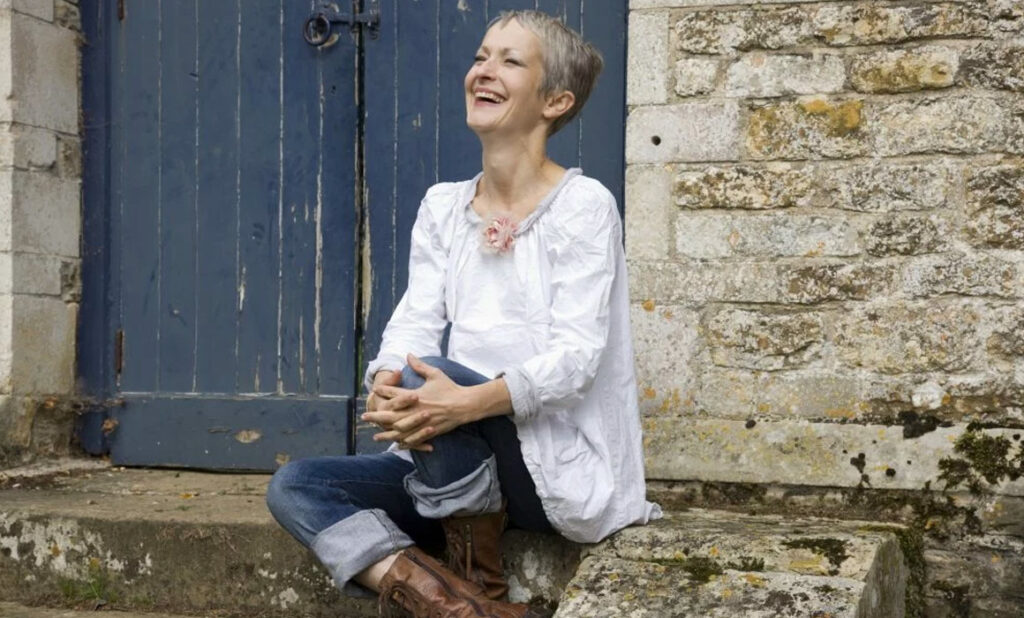
Jane Clarke is a dietitian, nutritionist and food writer. She founded Nourish by Jane Clarke to provide inspiration, advice and delicious recipe ideas for anyone whose enjoyment of food or ability to eat well is hampered by illness. She’s been a dietitian for more than 30 years and runs a specialist cancer and dementia nutrition practice in London. She also knows first-hand what it’s like to care for someone whose life is affected by a serious health condition, as her dad has a rare form of dementia. Jane believes that food nourishes your life, not just your body.
Further information
Future Dreams hold a range of support groups, classes, workshops and events to help you and your carers during your breast cancer diagnosis. These are held both online and in person at the London-based Future Dreams House. To see what’s on offer and to book your place, see here.
To return to the homepage of our Information Hub, click here where you can access more helpful information, practical advice, personal stories and more.
Reviewed October 2023
The information and content provided in all guest articles is intended for information and educational purposes only and is not intended to substitute for professional medical advice. It is important that all personalised care decisions should be made by your medical team. Please contact your medical team for advice on anything covered in this article and/or in relation to your personal situation. Please note that unless otherwise stated, Future Dreams has no affiliation to the guest author of this article and he/she/they have not been paid to write this article. There may be alternative options/products/information available which we encourage you to research when making decisions about treatment and support. The content of this article was created by Jane Clarke and the Nourish team and we accept no responsibility for the accuracy or otherwise of the contents of this article.
Share

Support awareness research
Donate to those touched by BREAST cancer
Sylvie and Danielle began Future Dreams with just £100 in 2008. They believed nobody should face breast cancer alone. Their legacy lives on in Future Dreams House. We couldn’t continue to fund support services for those touched by breast cancer, raise awareness of breast cancer and promote early diagnosis and advance research into secondary breast cancer without your help. Please consider partnering with us or making a donation.
